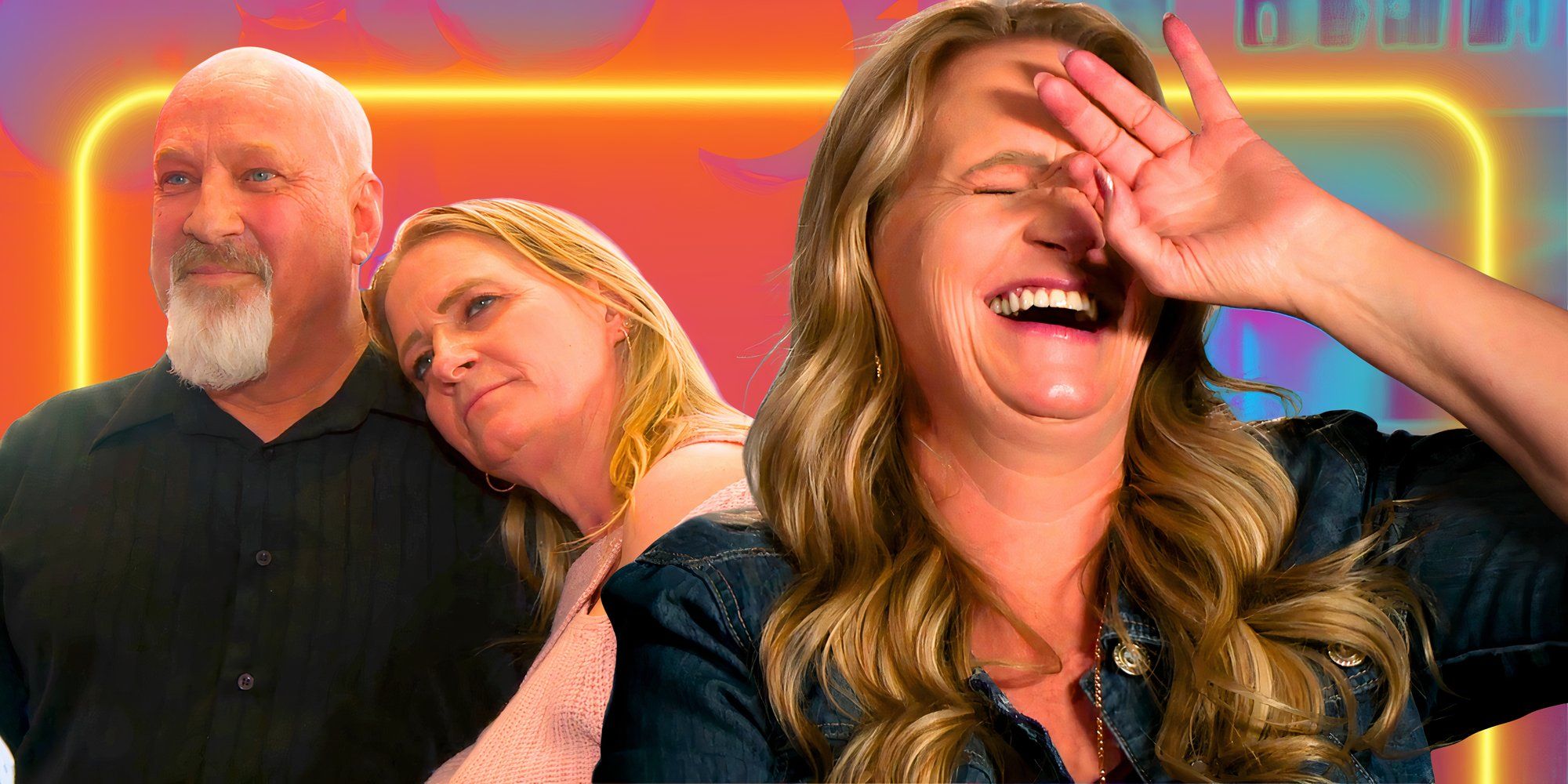Pedro Almodóvar and Halina Reijn have a lot in common. They’re linked by Jean Cocteau’s 1930 play “The Human Voice,” which Almodóvar adapted into a short film (starring Tilda Swinton) as his first English-language production, while actor-turned-director Reijn starred in a touring production of the solo show. This year, the Spanish auteur and the Dutch filmmaker worked outside their native languages to make movies about transgressive topics: Almodóvar’s “The Room Next Door” intertwines a narrative about the intimacy of friendship (led by Swinton and Julianne Moore) with the hot-button subject of euthanasia. Reijn’s “Babygirl” stars Nicole Kidman as a high-powered CEO grappling with suppressed sexual desires. And as they made these movies about sex and death, they found themselves moved to tears on set.
“Sometimes I cry — can you believe it? There was one moment when I had to hide myself in the restroom,” Almodóvar tells Reijn, who does believe it, since she welled up on the set of her film too. “I would not show it, of course, but I would be behind the monitor …” Reijn replies, covering her face.
It’s tough because, as Almodóvar explains, directors are expected to be everything to their actors — “the father, the mother, the lover, the brother and also the enemy.” But they’re also only human. Over the course of their open-ended conversation, Almodóvar and Reijn bond over their shared passion for creating art that is provocative and revealing.
Pedro Almodóvar: After making “The Human Voice,” I was hooked by Tilda and wanted to make something else with her. I wrote the script thinking about her. But the other character, I wanted someone completely different, so I thought of Julianne because I love her acting. She’s quite unique. I was very lucky to work with them because everything was quicker than I thought.
Halina Reijn: What did you expect?
Almodóvar: I’m a very heady director in Spanish. Sometimes I think I talk too much to the actors, and I rehearse a lot. We start rehearsing during the pre-production, but we rehearsed less than when I’m talking in Spanish because [Tilda and Julianne] didn’t need it. In this movie, I made less takes than in my Spanish movies. In my Spanish movies, I can take from 10 to 20 times. And with them, I made from two to four.
Reijn: Do you think the limitation of the language brought you something positive in that sense?
Almodóvar: I think so. There is a type of actress that needs to make one [take] and then 10 times is much better, and [after] 15 times it is amazing, so I do all 15 takes. But with them, the first take was very good. So just to be sure, I make the second one and the third one.
Reijn: Are you afraid of death yourself?
Almodóvar: Absolutely. This is something that I added to Julianne’s character, Ingrid, and this is exactly the way that I feel. I don’t accept [death]. I don’t understand it. After the body is finished, I’m sure that the spirit is somewhere. I don’t think that people end with death. But that is a mystery for me.
Reijn: Because your movie is about death, and about sickness and saying goodbye, I was afraid to watch it. But I was pleasantly surprised that the movie was so warm. I felt somehow more at ease with death after.
Almodóvar: I didn’t want to make a dark movie, or sordid, or gory. The movie represents the vitality of Martha’s [Swinton] character. In this case, death is something that she decided, so she’s the owner of her life, but also the owner of her death. And I think this is a human right that we have.
How did you start writing [“Babygirl”]?
Reijn: Basically, the question is “Is the beast inside us or outside of us?” That is my main theme: Are we beasts or are we civilized?
Almodóvar: Or we are both?
Reijn: We are both — exactly. But I’m often surprised by my own behavior where I think, “I’m smart. I read books,” and then I do something that I know is bad for me. So I had this question around my own rage, my own sexual desire, all the things that I’m embarrassed about. I was like, “Is it possible to love all the parts of myself? Is it possible to love my darkness?” That’s why I wanted to write that movie.
Almodóvar: I found it very interesting that now, in this moment, you make a movie where the protagonist wants to be dominated.
Reijn: She wants to be submissive, and she wants to be dominated by this young man.
Almodóvar: I don’t know what the feminists think about that, but I think that she’s empowered because she’s the one that decides to be in that position.
Reijn: True feminism is that we can be all those things. I was always in the wings watching men play Richard III and Macbeth and all these characters that were corrupt and that had all these desires, and I, as a female, had to do Ophelia — who has five scenes, and starts as a virgin, and then before you know it, commits suicide. So I wanted to create a part for a woman that would be all those things — that would be a wonderful mother and a wife, but also a lover who’s crawling around on her hands and knees.
Almodóvar: Do you think that she was repressed in the marriage?
Reijn: Yes. If Antonio Banderas and Nicole Kidman’s characters would’ve sat down before the movie, and she would’ve been radically honest with her husband, the movie wouldn’t have to take place. She has this idea that she has to be perfect. That’s why she sits in the ice baths, does Botox, does therapy. She thinks, “As long as I can erase all my imperfections, then I will be loved, then I will be happy.” But she doesn’t truly let her beast come out. Not with her husband, who’s not even asking her to hide the beast in the cupboard. She’s making the beast fall asleep all the time until she can’t anymore, and it wakes up and it comes. It’s a cautionary tale about suppression.
Almodóvar: What about the end, after she explained everything? Is their relationship going to change?
Reijn: Of course, my movie is a fable and a fairy tale. It’s not a documentary, but it’s a hope that they meet each other where they are.
Almodóvar: There was one moment with #MeToo that I thought, as a writer, as a man and as a director, that we’re not allowed to talk about passion, that you are seducing someone. This is an aggression to look at someone with desire.
Reijn: The #MeToo movement has been incredibly important — having been an actress, having experienced a lot of these things that you don’t want to experience. But, at the same time, it’s just incredibly important — whether we make theater, or paintings, or write books, or talk to each other — to keep being open and radically honest about these things that are darker inside us. Because the moment you bring them to the light and you dare to discuss them, it’s healing. But when you suppress them and say, “No, it doesn’t exist,” that is when I become very, very scared and I feel isolated.
I also made my movie as a conversation starter. We have these Q&As after the screenings, and sometimes they go very extreme, especially for women to talk about the orgasm gap.
Almodóvar: You talk about that in the Q&As?
Reijn: We do! It’s wonderful. Women don’t even necessarily want to talk about the movie. They want to talk about what they went through or what they hope for. And this is such a taboo, even [with] other women.
Almodóvar: The movie is quite explicit. One of the keys is that Nicole is completely fearless and ready to do everything. Now, the more explicit movies about sex are directed by women. I think it’s good because in my movies, there is a lot of sexual scenes, but male directors and writers wouldn’t know completely what is female pleasure. So it’s a natural female gaze.
Reijn: True.
Almodóvar: I got the feeling, being two women, that the conversations that you have with Nicole [about] the things you want to do in the lovemaking scenes are different than if Nicole talks about that with a man.
Reijn: You’re absolutely right. Part of her journey in the movie is that she has to liberate herself from the idea of “I only want to be what you want me to be.” She says to her husband, “I want to be the woman you like. I just want to be normal.” That is how we are still programmed. It’s very important that we liberate ourselves. Now we get a little more space as female directors or female storytellers. It is a very interesting time.









 English (US) ·
English (US) ·